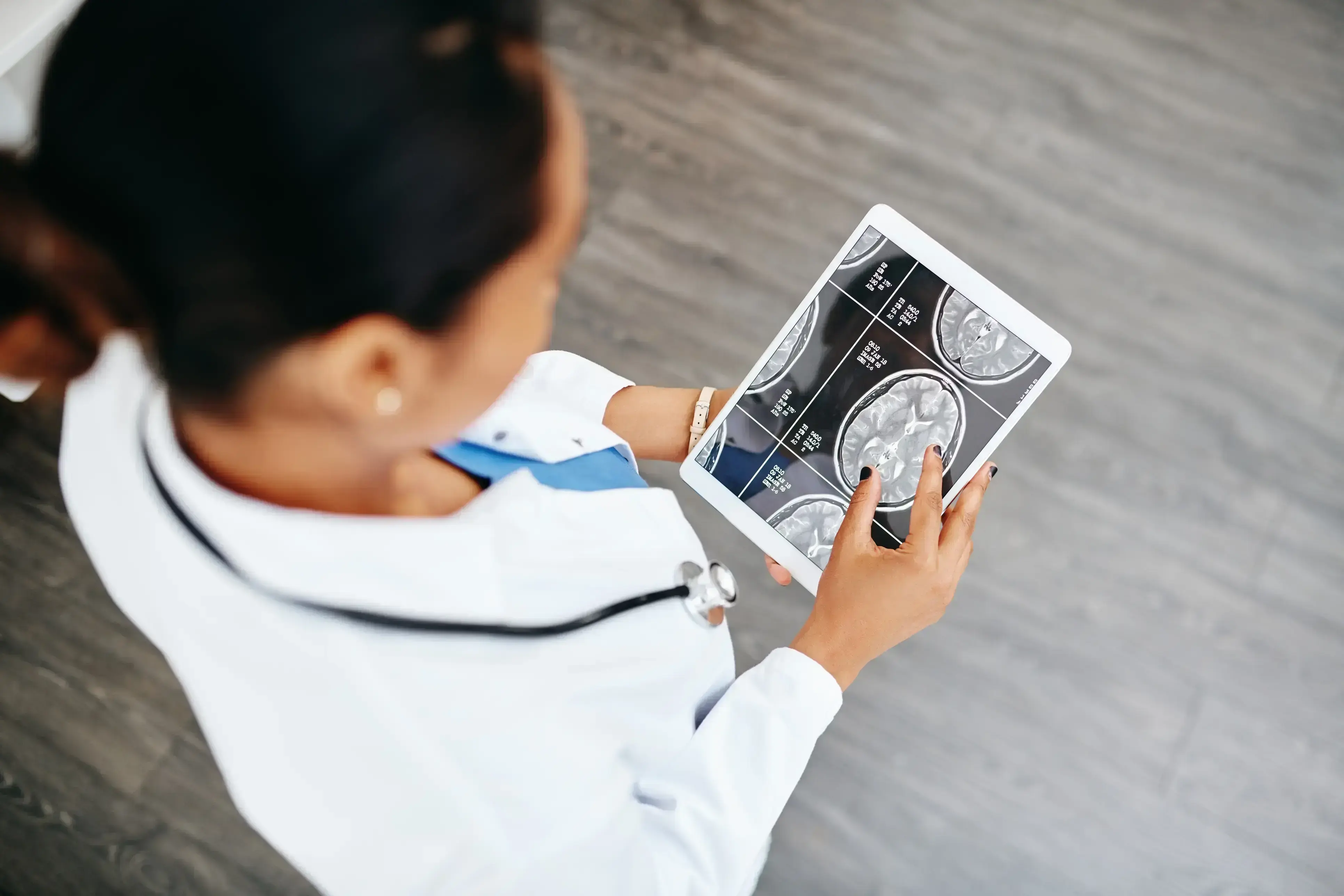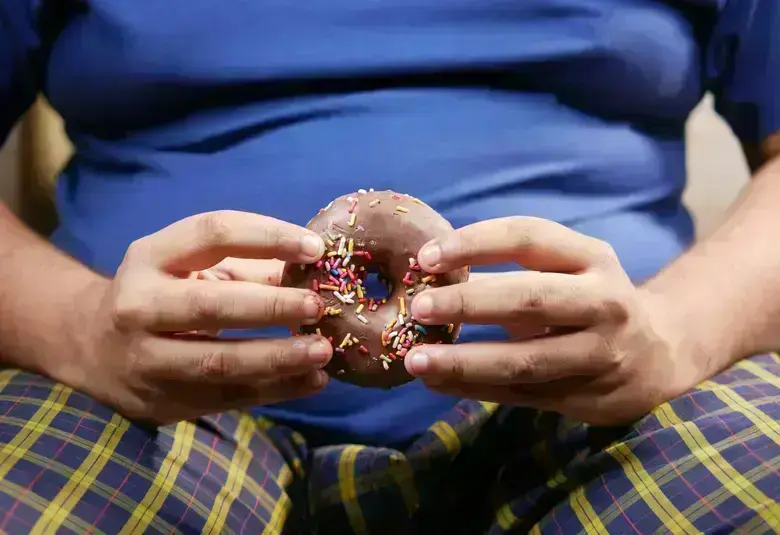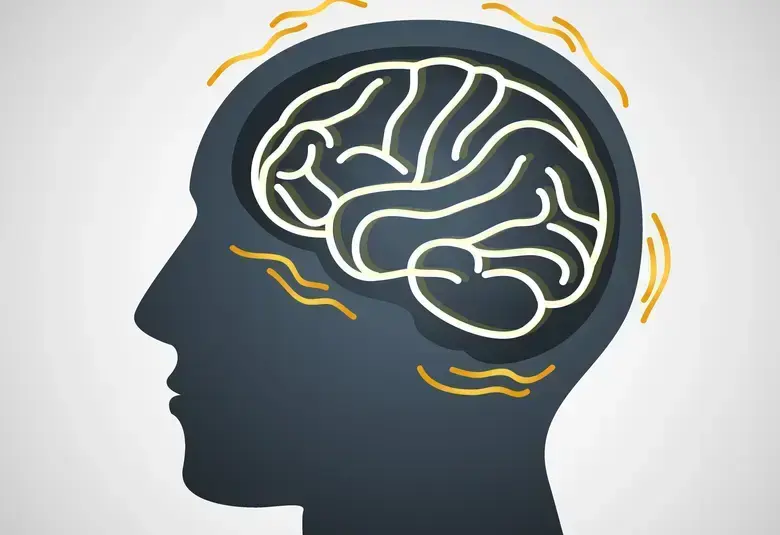Clinicians value biomarkers when assessing mild cognitive impairment but are less certain about how best to discuss their implications with patients. Not all patients receive counseling ahead of biomarker testing.
임상의들은 경도인지장애를 평가할 때 바이오마커를 중요하게 여기지만, 그 의미에 대해 환자와 상담하는 최선의 방법에 관해서는 확신하지 못하는 경우가 많습니다. 모든 환자가 바이오마커 테스트 전 상담을 받지는 않습니다.
Specialist centers vary considerably in their practice when counseling patients with mild cognitive impairment about the implications of biomarker testing, according to a Europe-wide survey. Presenting these findings, Kristian Steen Frederiksen (Rigshospitalet, Copenhagen, Denmark) suggested they demonstrate the need for clinicians to be offered further guidance in this difficult area.
유럽 전역을 대상으로 한 조사에 따르면, 바이오마커 테스트 결과의 의미에 대해 경도인지장애 환자와 상담하는 방법이 전문 센터마다 차이가 있습니다. 크리스티안 스틴 프레데릭센[Kristian Steen Frederiksen, 덴마크 코펜하겐 수도병원(Rigshospitalet)] 연구원은 이 연구 결과가 임상의를 위한 바이오마커 상담 지침의 필요성을 보여준다고 제안했습니다.
All 69 centers in the European Alzheimer’s Disease Consortium were invited to participate in the on-line survey. Responses came from 35 centers, with a total of 110 individual physicians taking part.
먼저 유럽 알츠하이머병 컨소시엄의 69개 센터에 온라인 설문조사 참여를 요청했습니다. 최종적으로 35개 센터의 의사 110명으로부터 답변을 받았습니다.
Uncertainties in the concept of MCI and the implication of biomarker data are difficult to communicate
경도인지장애 개념의 불확실성과 바이오마커 데이터의 의미에 관해 소통하는 것은 어렵습니다
Difficulties in disclosure and interpretation
정보 공개와 해석의 어려움
Around 70% said that they always or almost always had a general discussion with the patient prior to sampling about the decision to measure biomarkers, but 30% of respondents do not routinely offer patients the chance to have this discussion.
응답자 중 70%는 바이오마커 측정 결정에 대해 샘플링에 앞서 항상 또는 대부분의 경우에 환자와 일반 상담을 진행한다고 답했습니다. 반면, 나머지 30%는 이러한 상담 기회를 환자들에게 일상적으로 제공하지는 않는 것으로 나타났습니다.
In relation to more specific points, only 40% of respondents always or almost always discuss how biomarker results may affect the ability to predict risk of progression. A little over 60% discuss ahead of sampling how testing may affect the ability to diagnose the underlying pathology or disease.
좀 더 세부적으로 살펴보면, 바이오마커 테스트 결과가 질환 진행 위험도 예측 능력(ability to predict risk of progression)에 어떠한 영향을 미치는지에 관하여 항상 또는 대부분 상담을 진행하는 경우는 단 40%에 불과했습니다. 샘플링에 앞서 테스트 결과가 기저 병리 또는 질환의 진단 능력에 미치는 영향에 관하여 상담하는 경우는 60%를 조금 넘었습니다.
Both the concept of MCI itself and the implications of biomarker results are uncertain, and this uncertainty is difficult to communicate to patients.
경도인지장애 개념 자체와 바이오마커 테스트 결과가 뜻하는 바 모두 불확실하며, 이 불확실성에 관해 환자에게 설명하기란 쉽지 않습니다.
Amyloid and tau markers rated more valuable than MRI as predictors of progression
아밀로이드 및 타우 마커는 질환 진행 예측 인자로서의 가치가 MRI보다 높습니다
In disclosing diagnosis, a little fewer than 70% of respondents always or almost always use the term “mild cognitive impairment”. Around a quarter speak in terms of “cognitive impairment but not dementia”. Fewer than 5% use the term “predementia” or “mild dementia”.
환자에게 진단 결과를 설명할 때 '경도인지장애'라는 용어를 항상 또는 주로 사용하는 경우는 70%를 약간 밑돌았습니다. 약 25%는 '인지 장애에 해당하나 치매가 아닌 상태'라는 표현을 사용한다고 답했습니다. '치매 발병 전 상태(predementia)' 또는 '경증 치매'라는 용어를 사용한다고 답한 응답자는 5%가 채 되지 않습니다.
In discussing implications of the diagnosis, 40% of respondents always or almost always cover risk of progression and 31% discuss the probable underlying cause. Only 21% routinely discuss driving, and 14% other legal matters.
진단 결과의 의미에 관해 환자와 상담할 때, 40%는 항상 또는 대부분 질환 진행 위험에 대해 이야기하며, 31%는 예상되는 기저 원인에 관해 설명한다고 답했습니다. 통상적으로 운전 가능 여부를 논의하는 비율은 21%, 기타 법적 문제를 논의하는 비율은 14%였습니다.
In relation to the biomarkers assessed, more than 70% of respondents always or almost always use MRI, but only around 10% use FDG-PET or CSF that frequently, and fewer than 5% are routine users of amyloid PET. But, in terms of predicting progression in people with MCI, respondents rate amyloid and tau markers as more valuable than MRI or FDG-PET.
전체 응답자의 70% 이상이 바이오마커 측정 시 항상 또는 대부분 MRI를 이용하는 반면, FDG-PET 또는 CSF를 자주 사용한다고 답한 응답자는 10%에 불과했습니다. 또한, 아밀로이드 PET을 일상적으로 이용한다는 응답자는 5%가 채 되지 않았습니다. 그러나, 응답자들은 경도인지장애 환자의 질병 진행 예측에 있어서 아밀로이드 및 타우 마커가 MRI나 FDG-PET 대비 더 가치가 높다고 답했습니다.
본 기사는 토론회에서 발표된 과학 지식 내용을 공정하게 전달하였습니다. 본 기사에서 제시된 의견은 룬드벡의 의견과 다를 수 있습니다.




